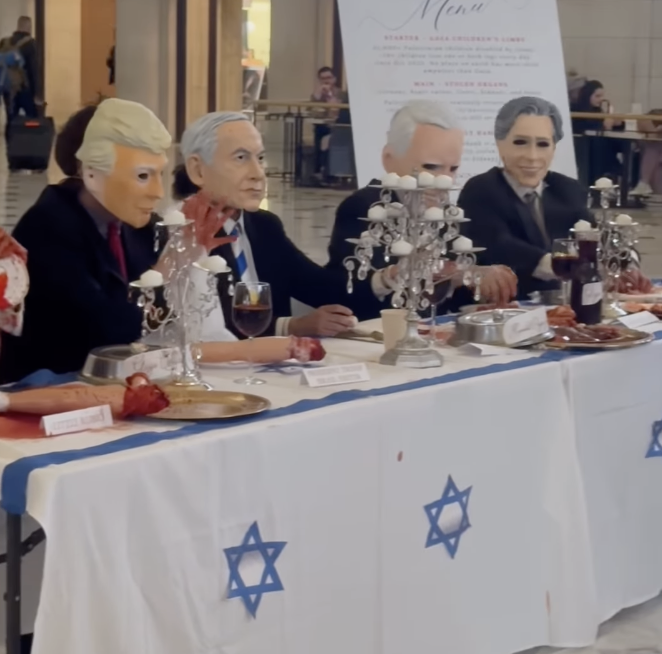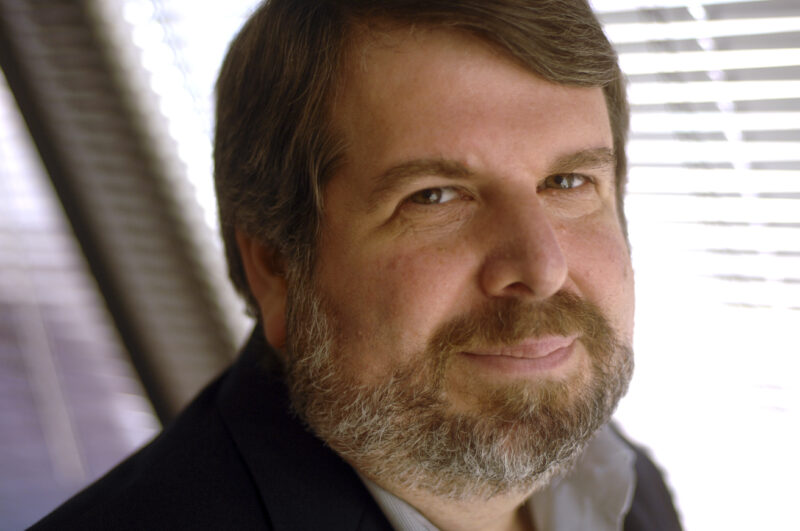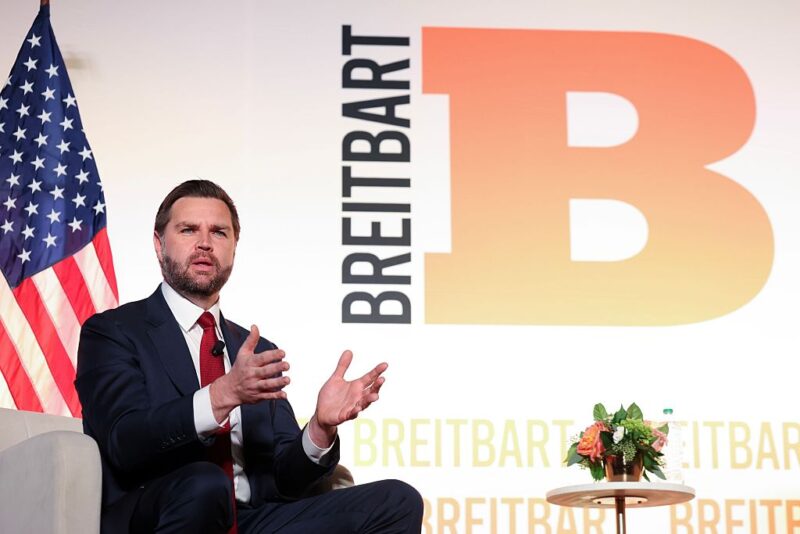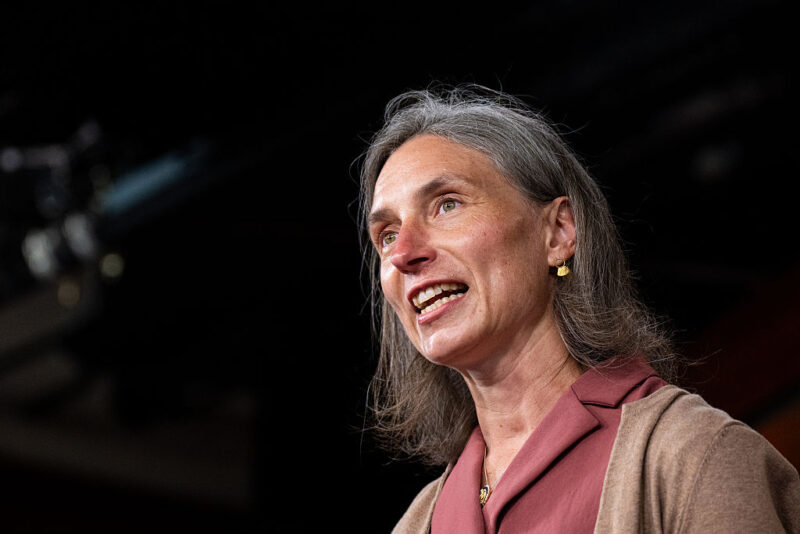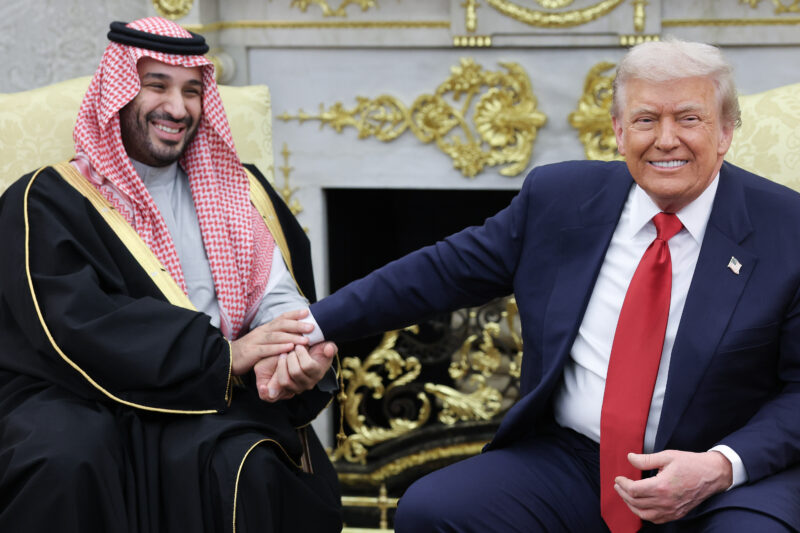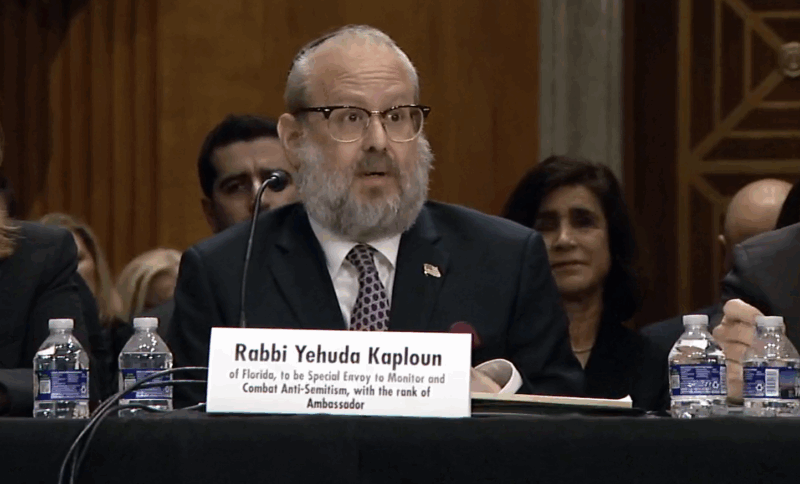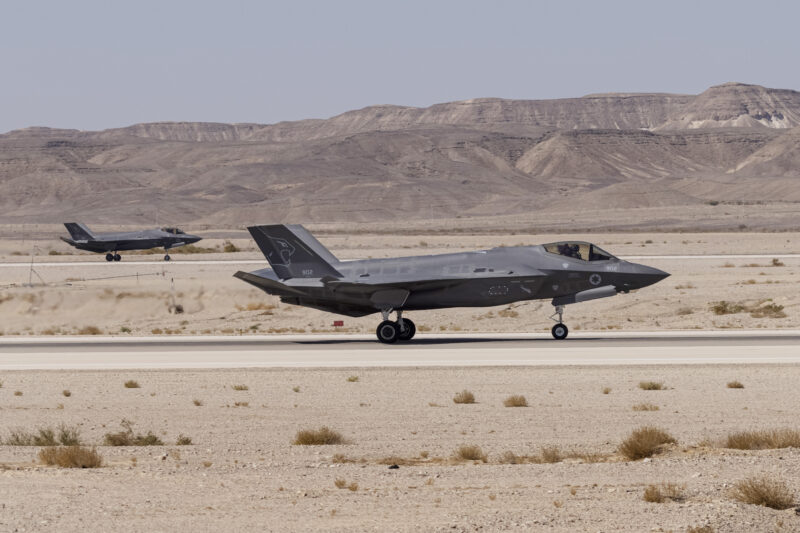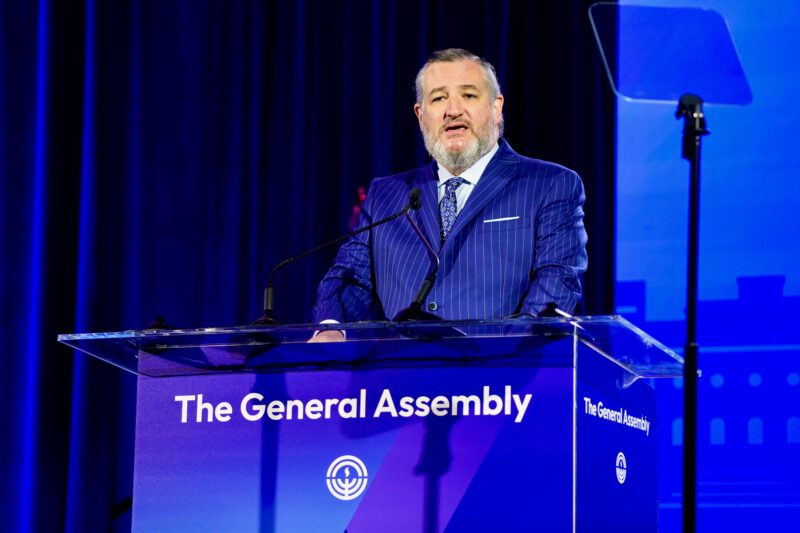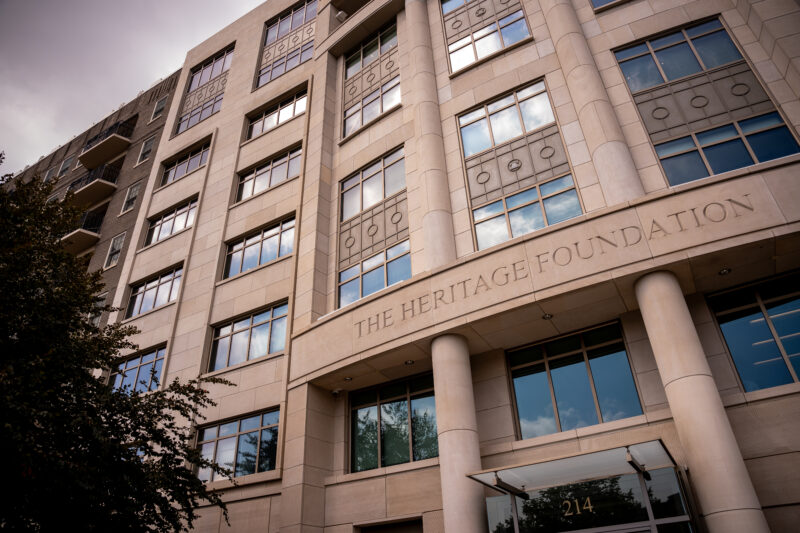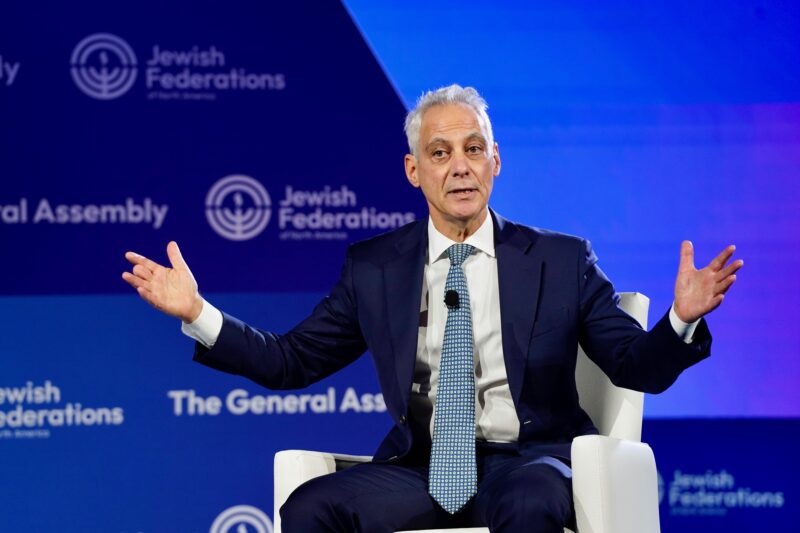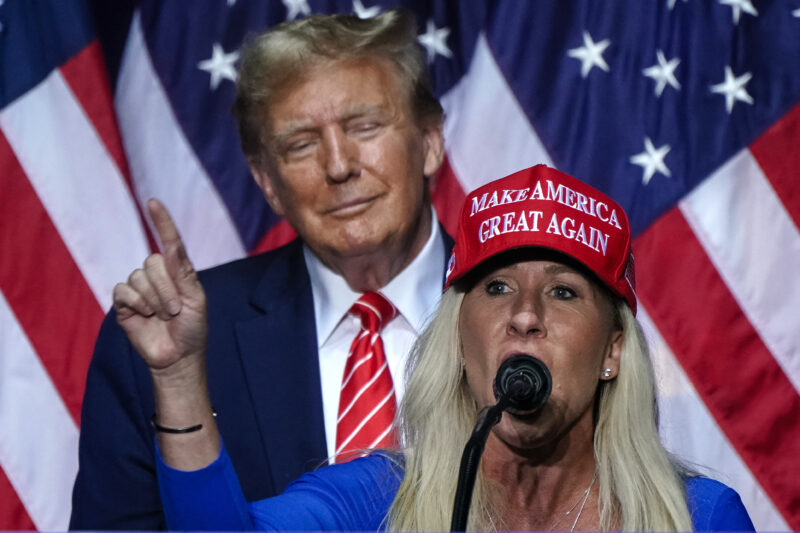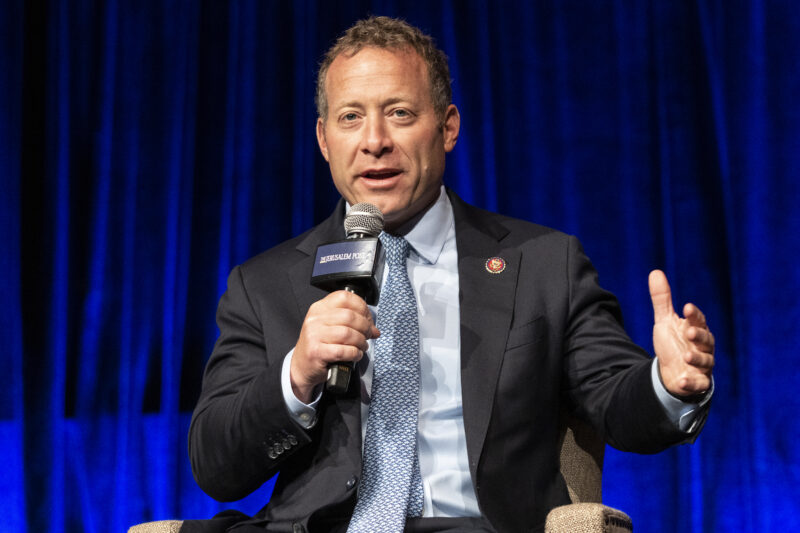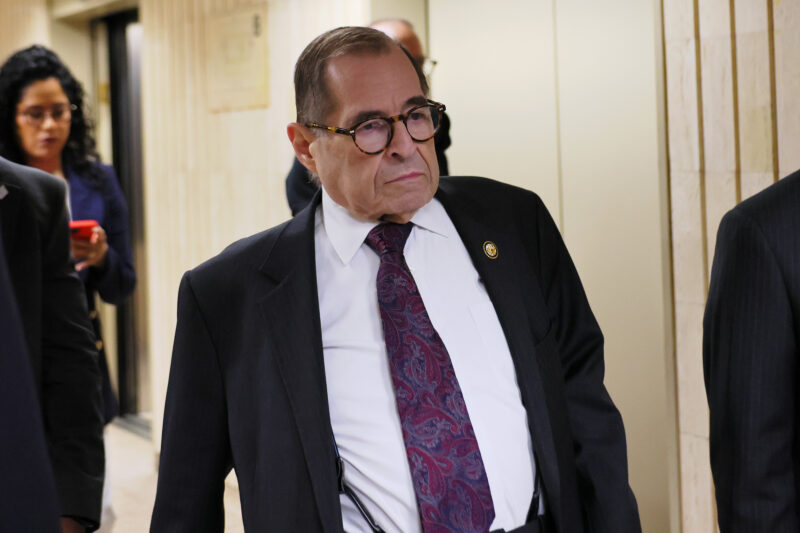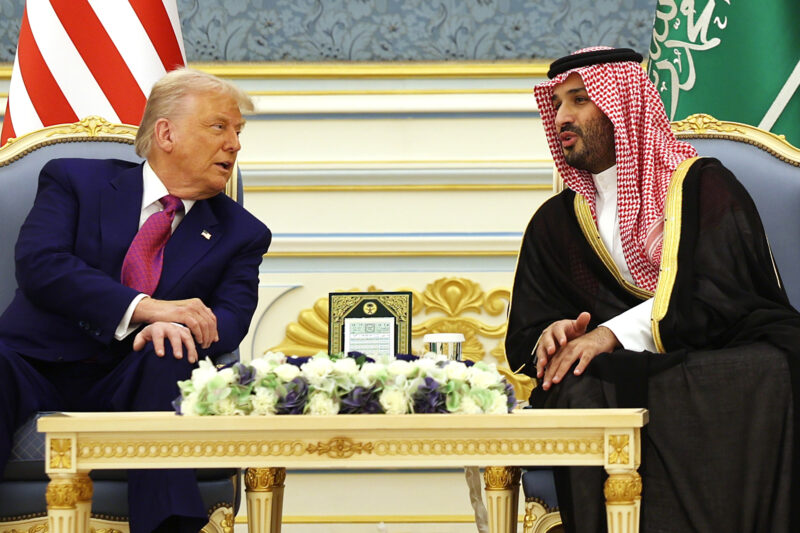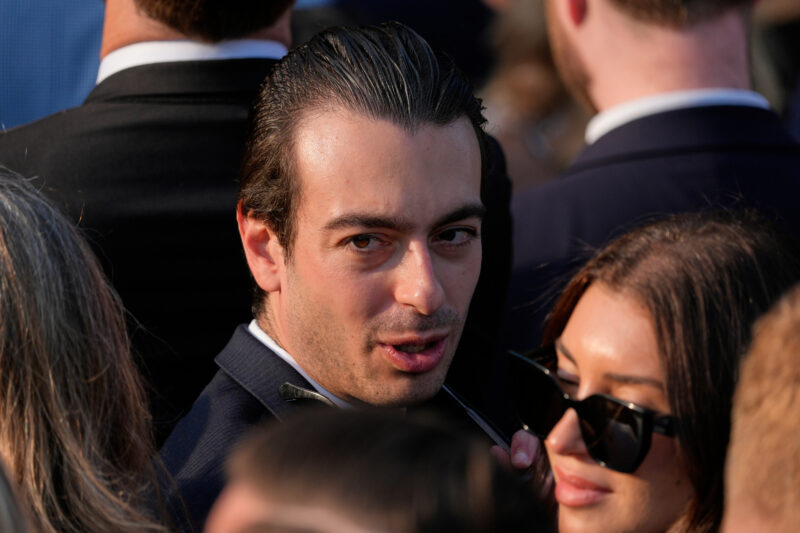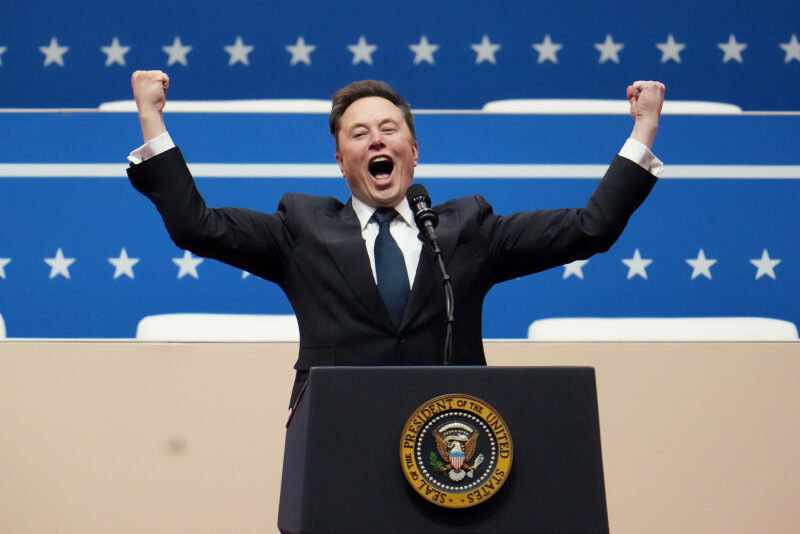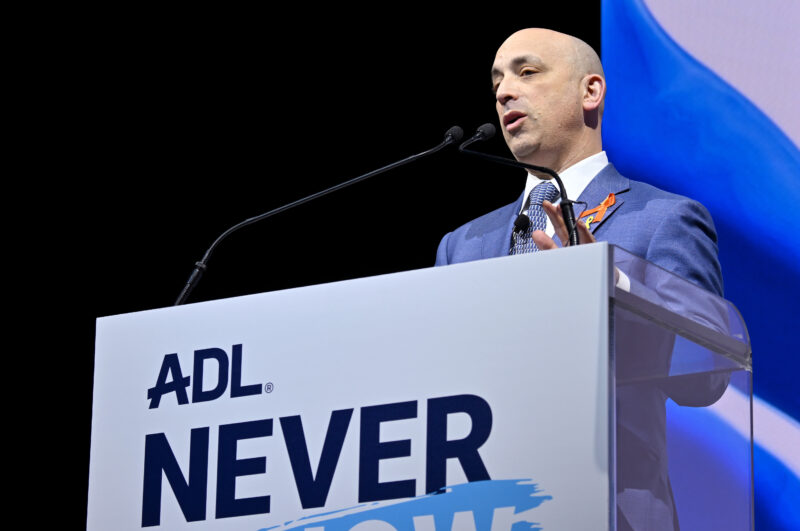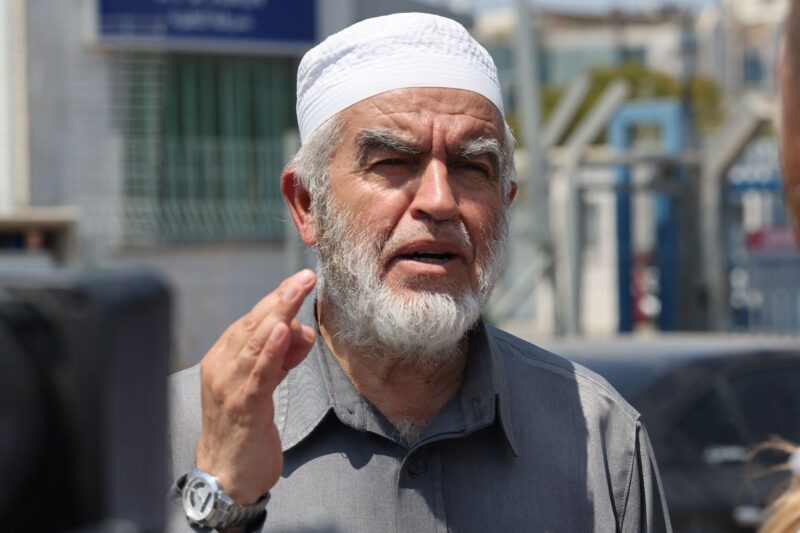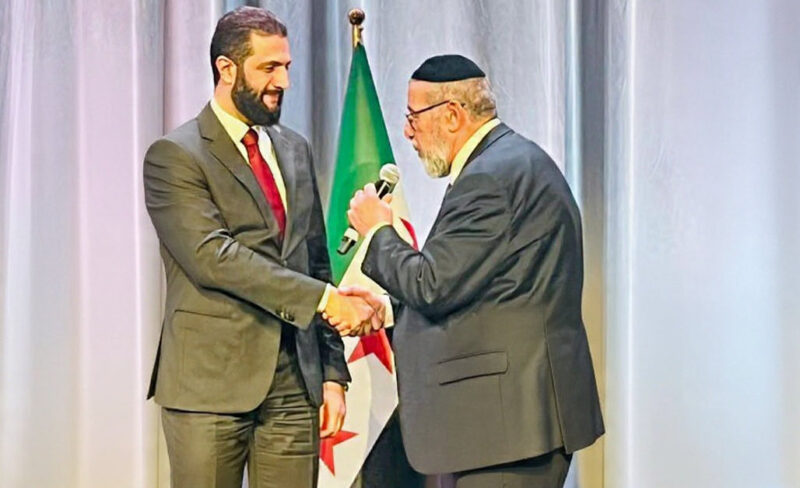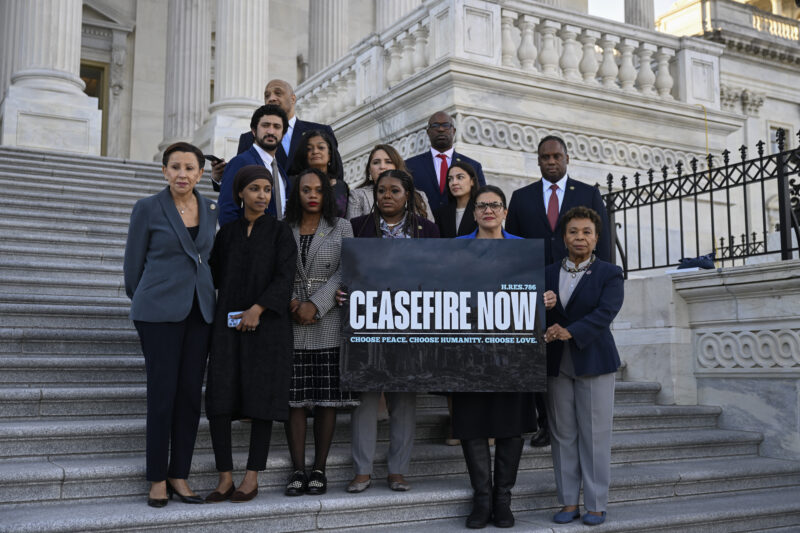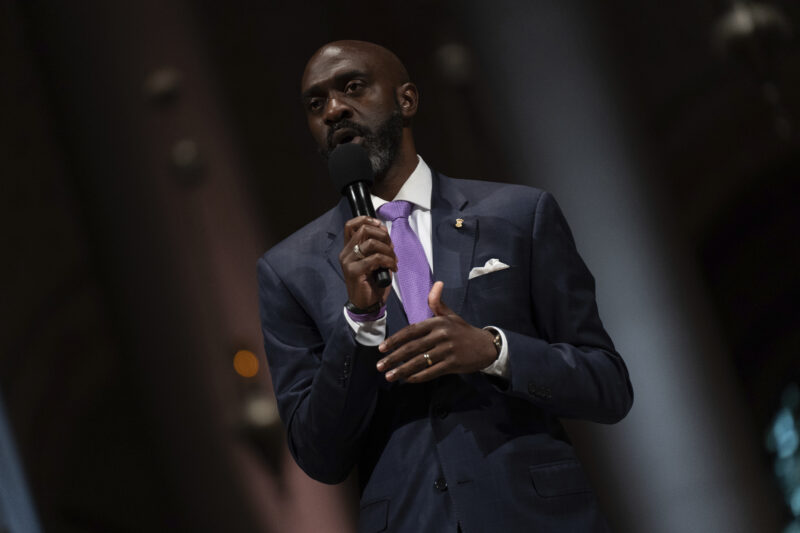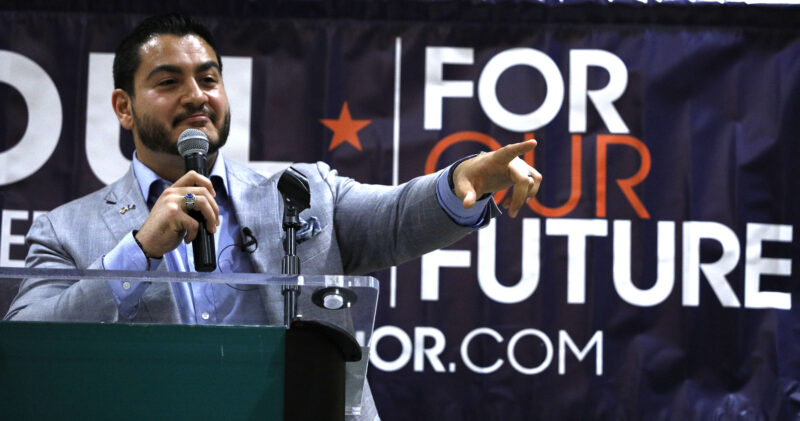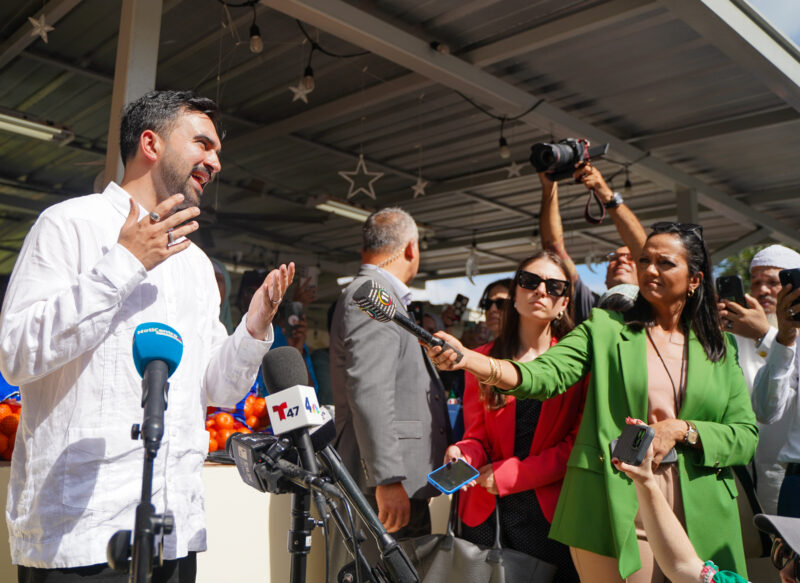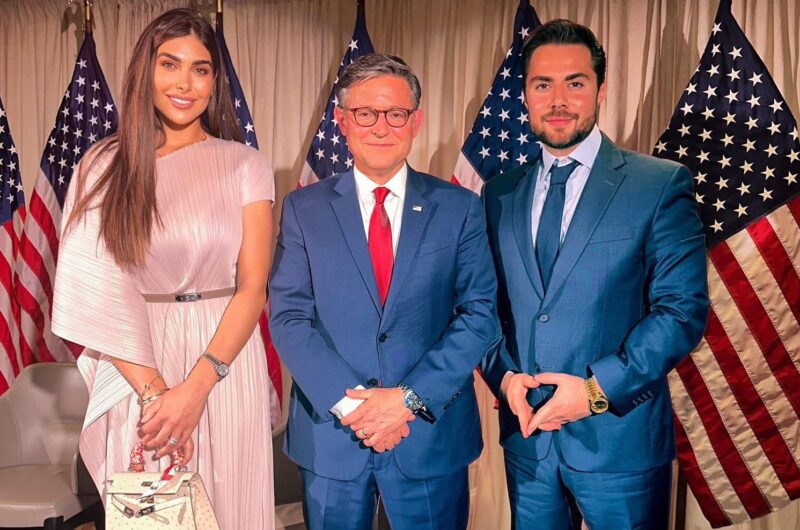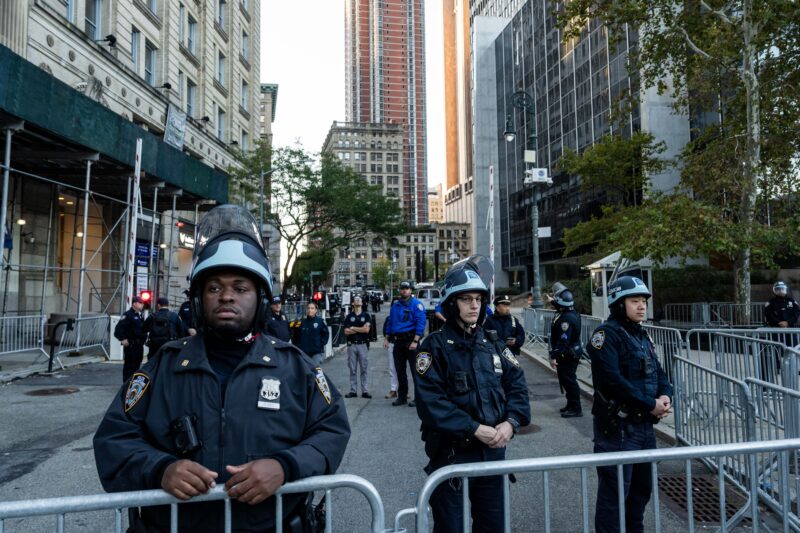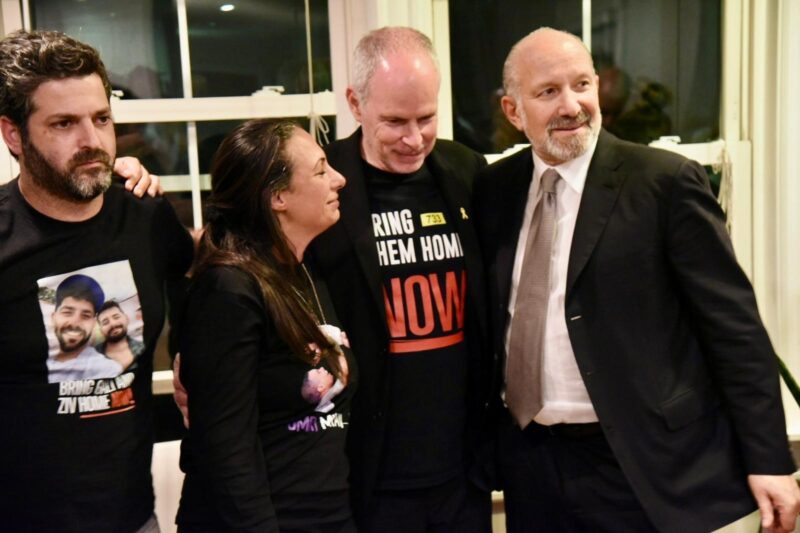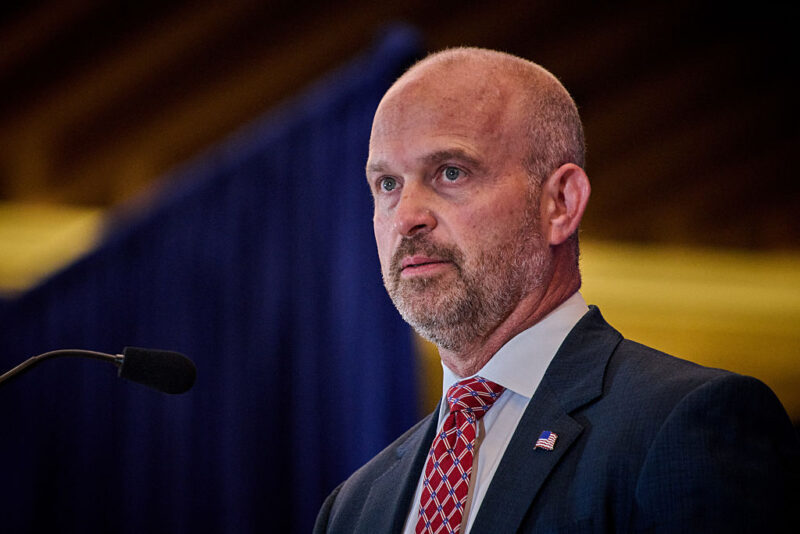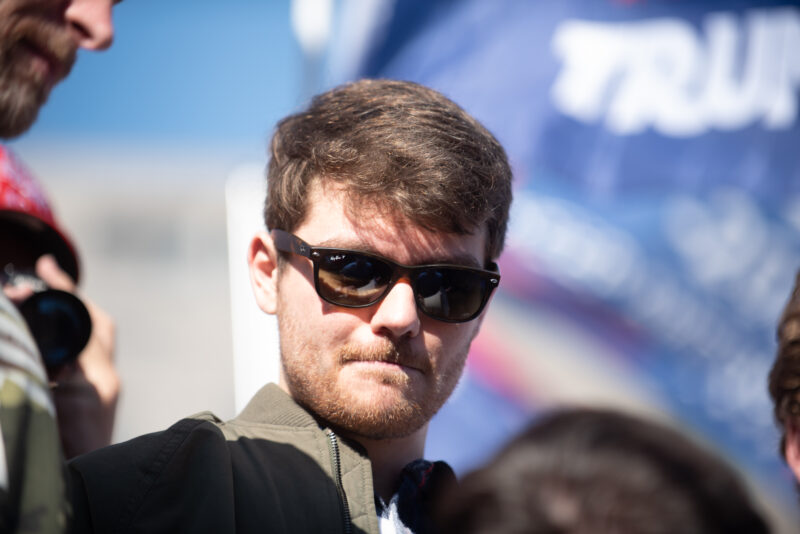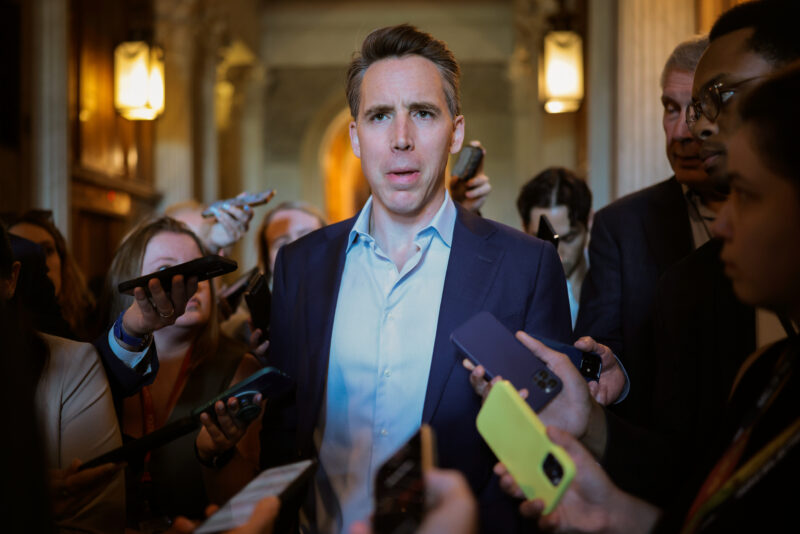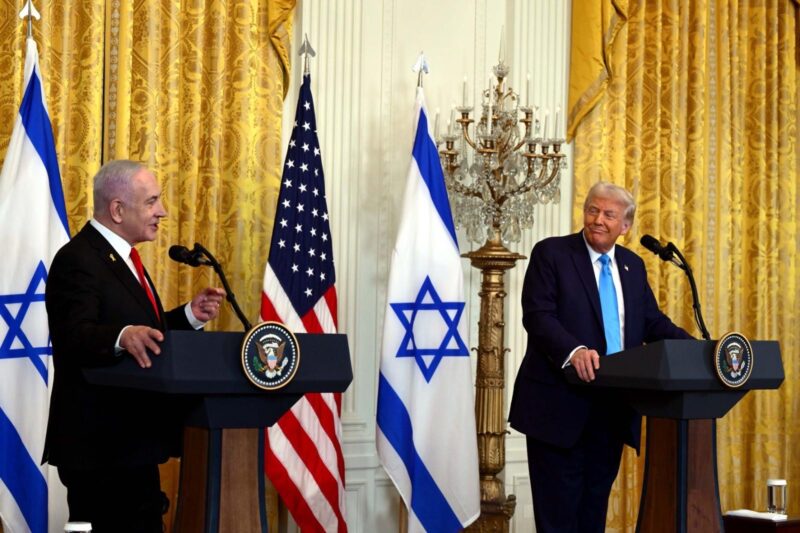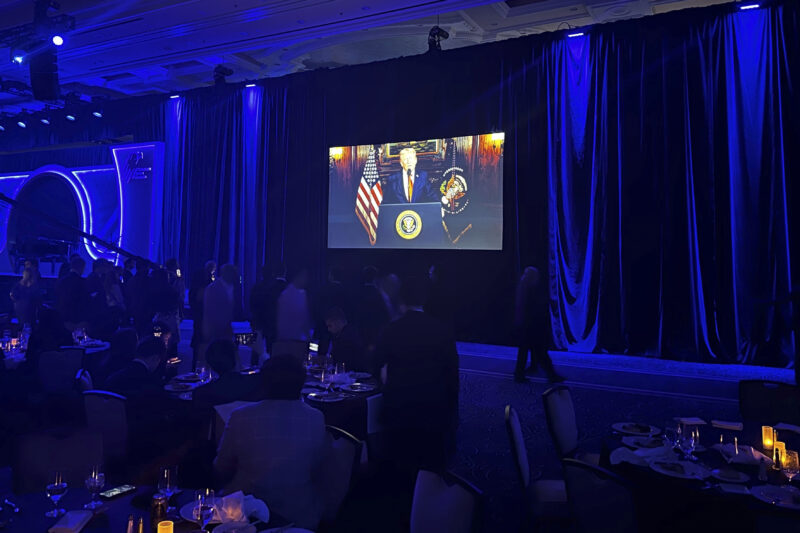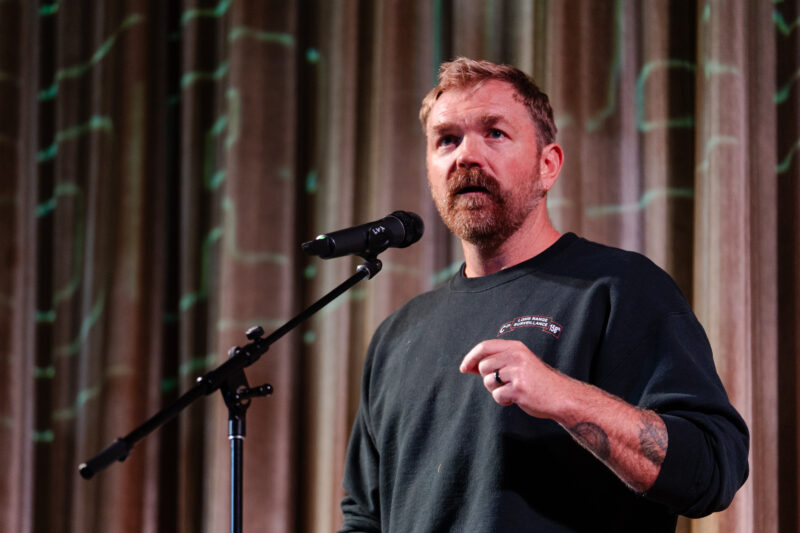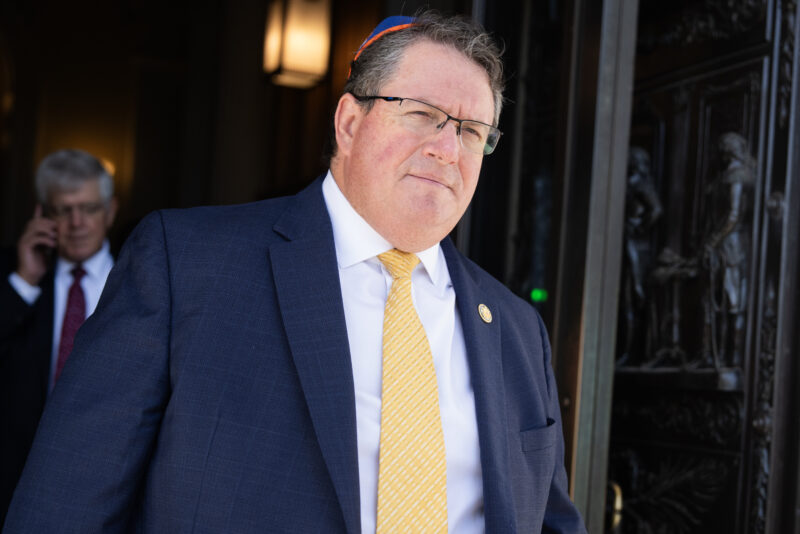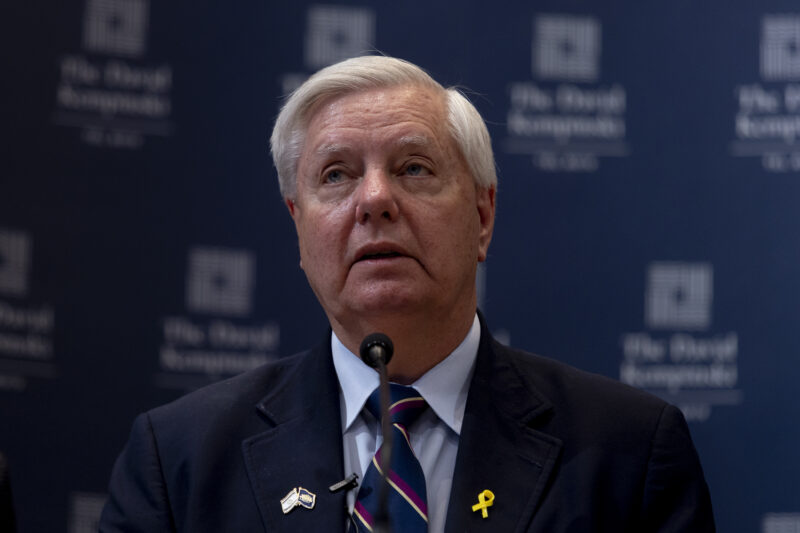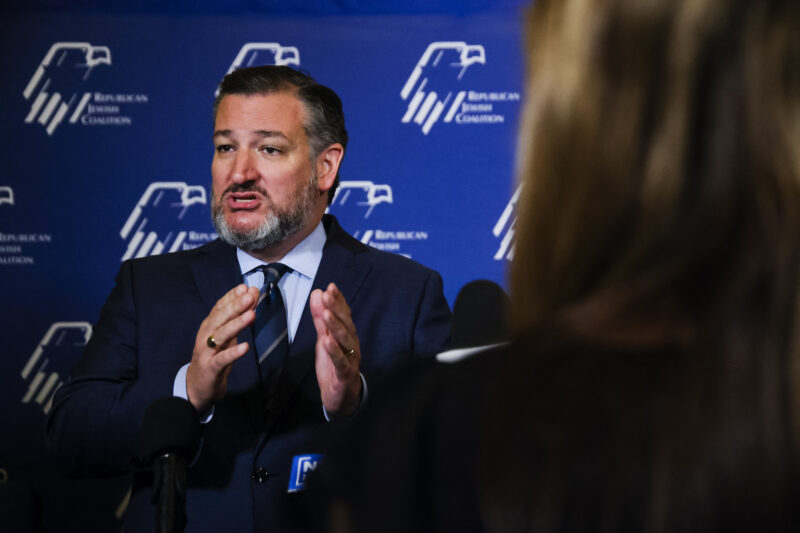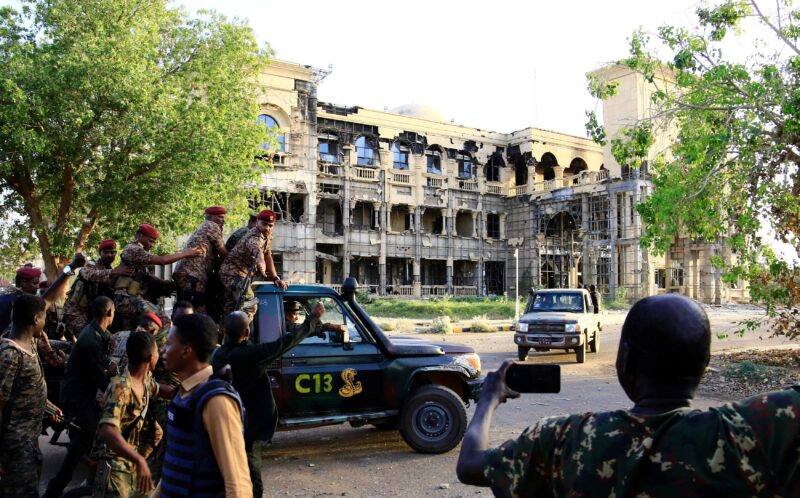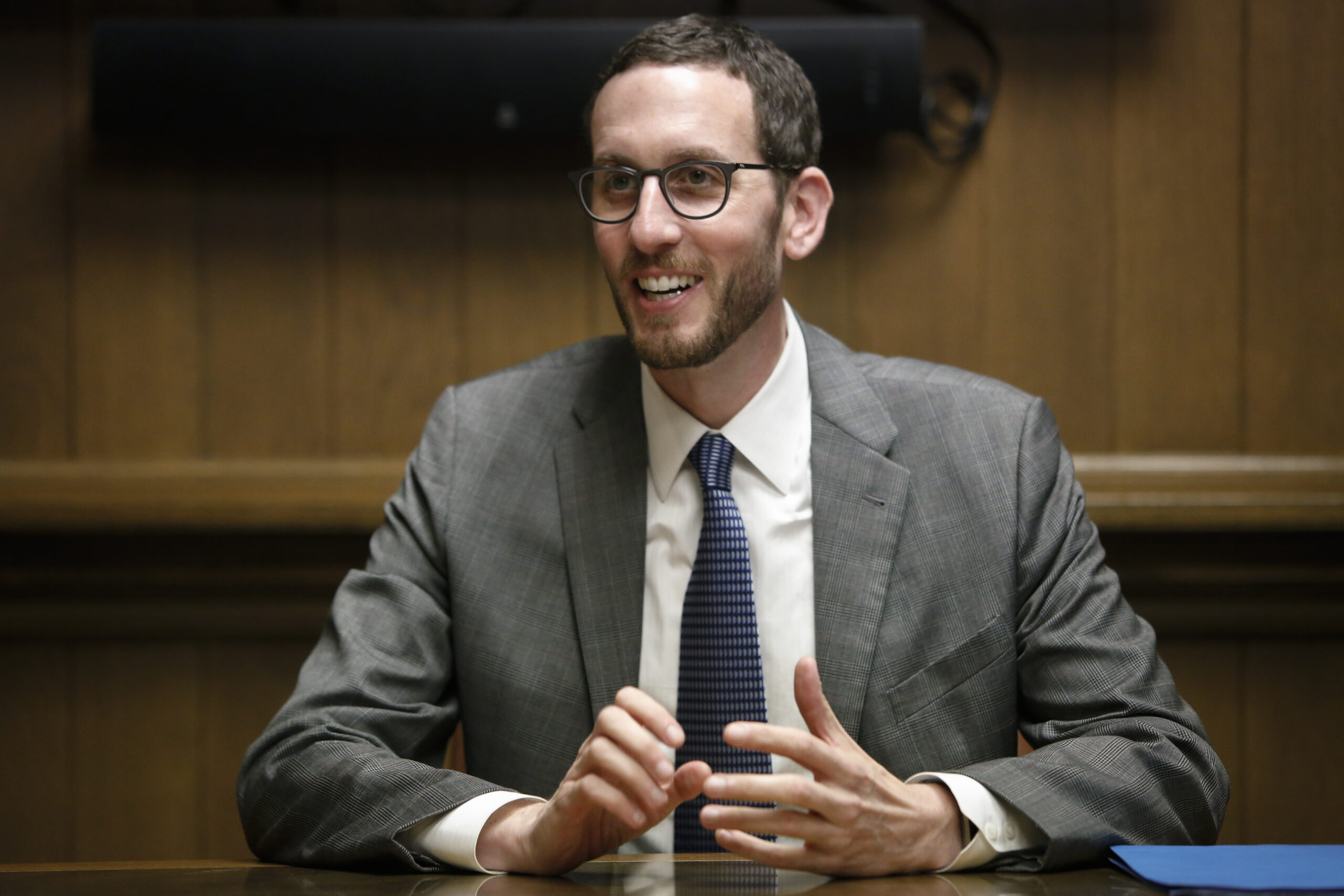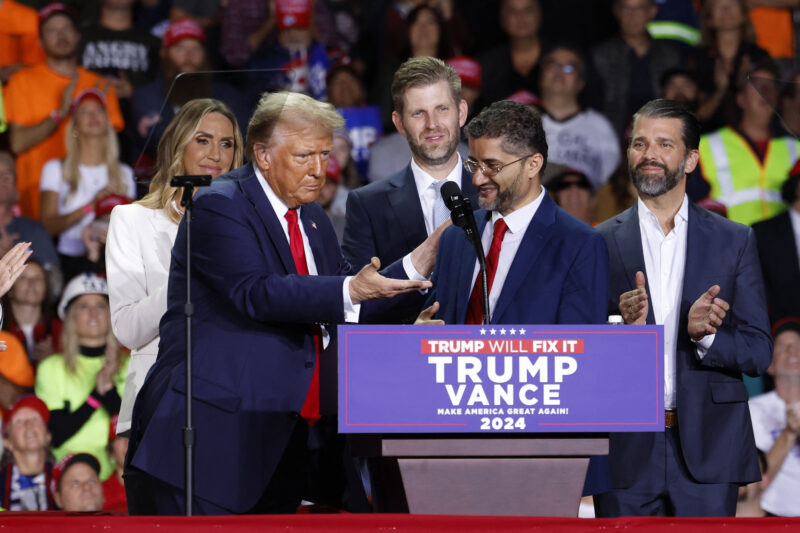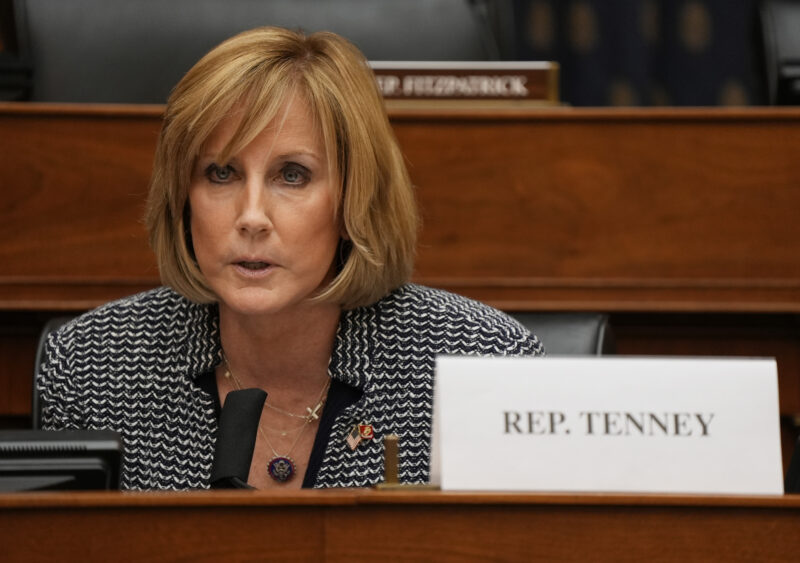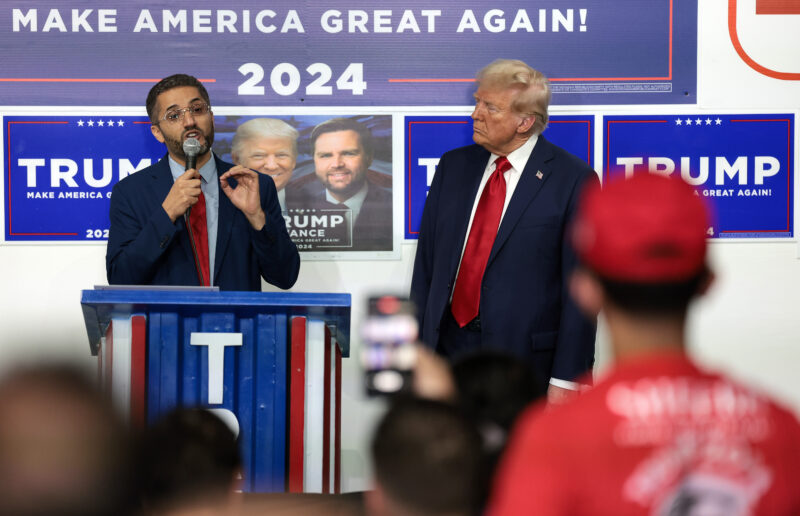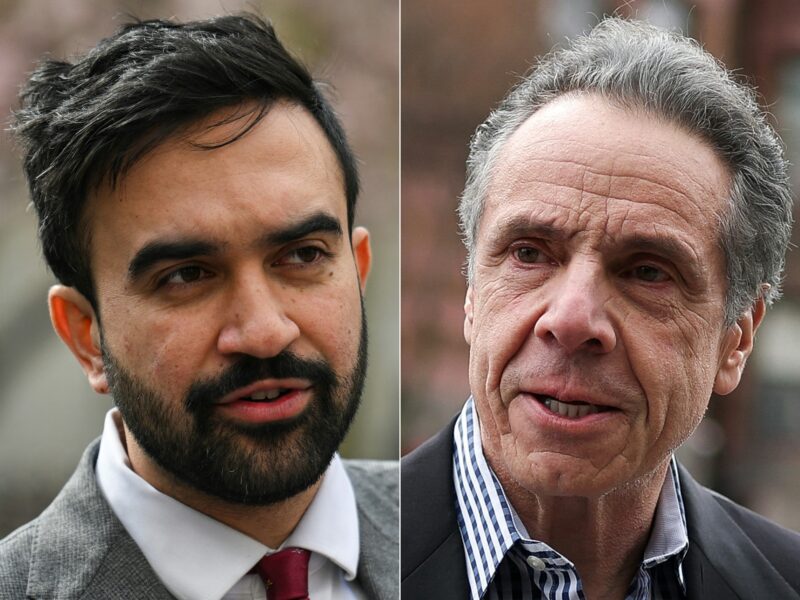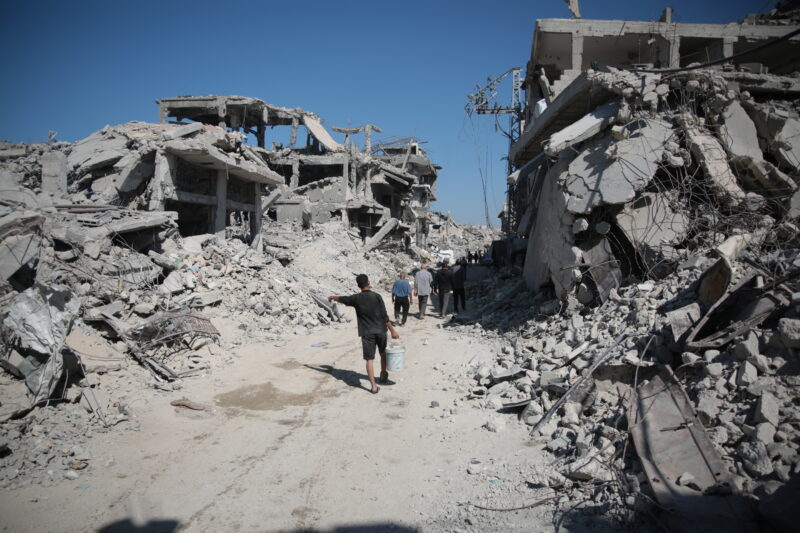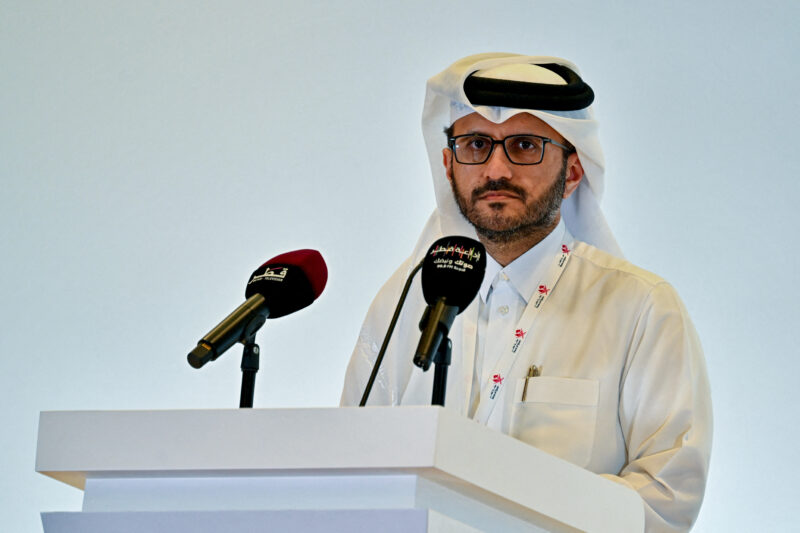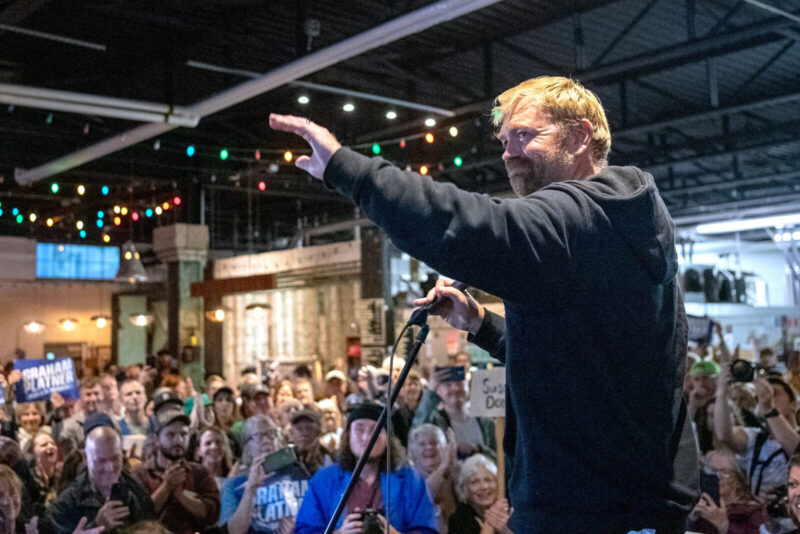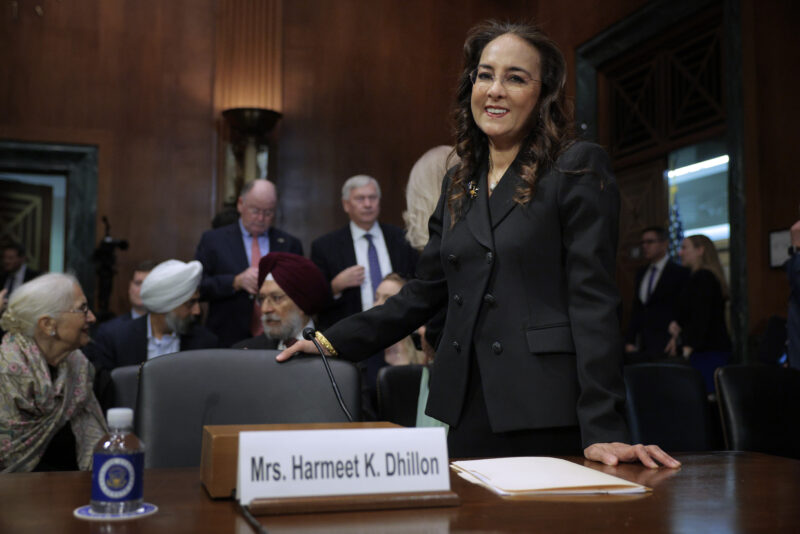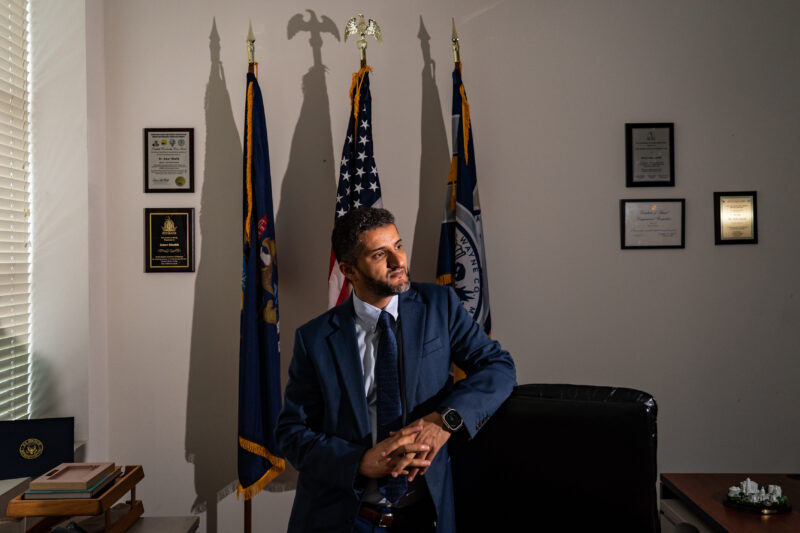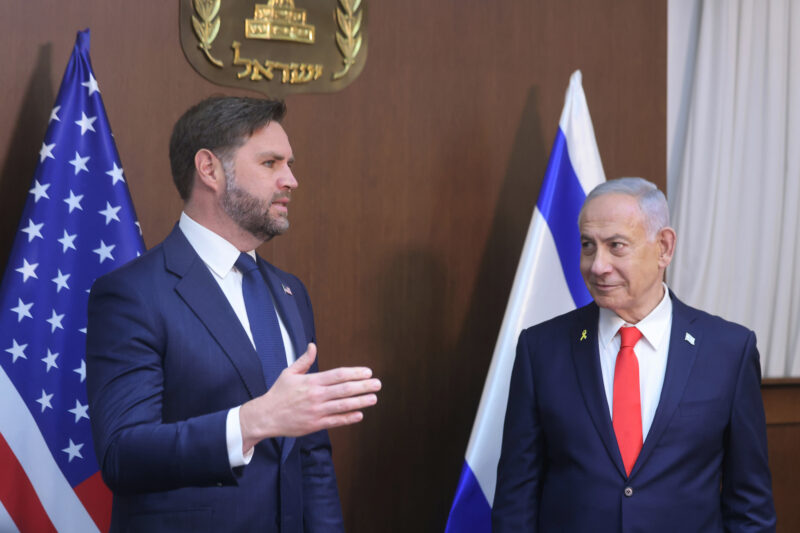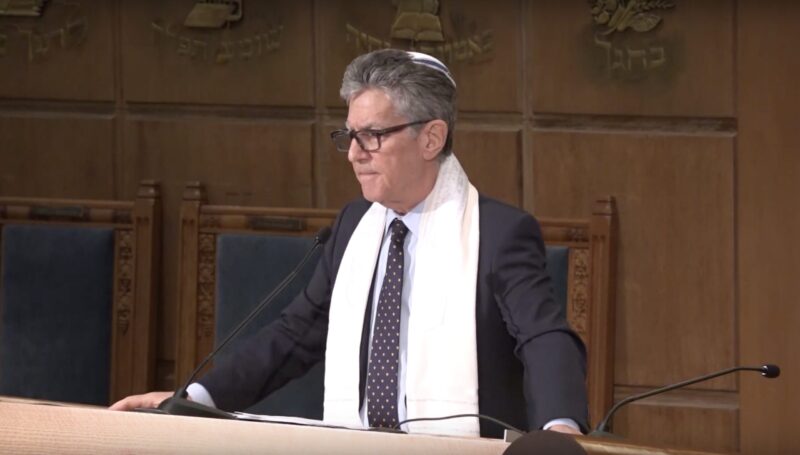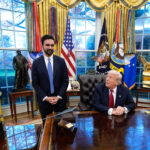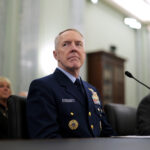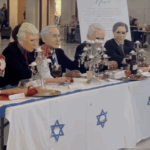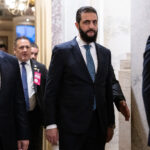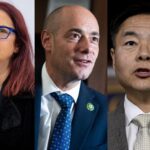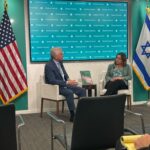Former Mossad chief Yossi Cohen talks covert missions, Oct. 7 failures in new book
Cohen told JI that he’s considering getting into politics but it’s ‘definitely not the time’ with Netanyahu still dominating the scene
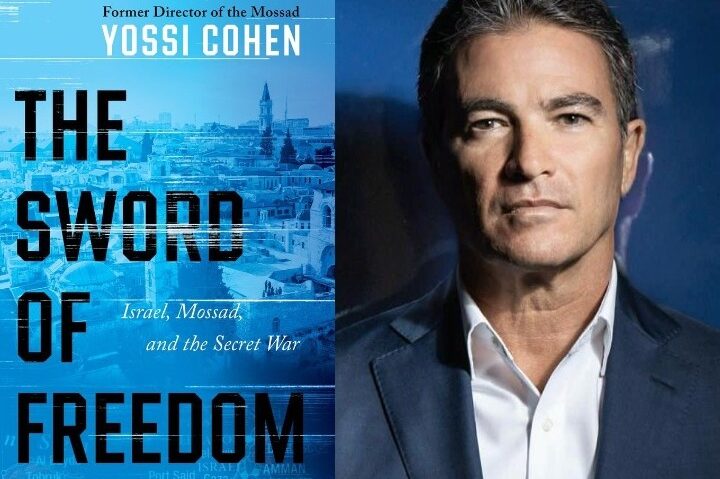
Rami Zarnegar
Book cover/Yossi Cohen
Like any former Mossad chief, Yossi Cohen has long been a relatively elusive figure in Israeli public life. So his recent embrace of the spotlight has left Israeli politicos wondering whether he will run for prime minister in the next election.
While the name “Yossi Cohen” is so generic in Israel that one may think it’s an alias akin to “John Smith,” it is, in fact, the real name of the intelligence officer who was nicknamed “Callan” for his favorite British spy show, and “the model” for his dapper style and perfectly-gelled coif. He first received public attention as deputy Mossad chief known only as “Y,” and emerged from the shadows with his real name and face in 2013 when Israeli Prime Minister Benjamin Netanyahu appointed him national security advisor. Cohen was appointed head of the Mossad two years later, a job he retained for six years.
Cohen received attention for commanding ambitious Mossad operations, such as smuggling Iran’s nuclear archive to Israel, and for Netanyahu reportedly naming him as one of his possible heirs, but he rarely gave interviews — until now.
Cohen has been on a Hebrew media blitz ahead of Tuesday’s release of his new book, The Sword of Freedom: Israel, Mossad and the Secret War, in Hebrew and English.
The book is a mix of memoir, in which he discusses becoming the first kippah-wearing graduate of the Mossad cadets’ course and his undercover missions, recruiting spies within Hezbollah and the Iranian nuclear program, as well as his rise to head the organization and lead major operations. It also includes commentary on recent events, including the failures of the defense establishment — and less so of politicians, in his description — on Oct. 7, 2023, the ongoing war and hostage negotiations. Cohen laments that things would have gone better if his advice in past years had been heeded.
It reads, in many ways, like the kind of book a politician would publish before a big run, to let potential voters get to know him — albeit with the much more exciting elements of spycraft.
Yet, in an interview with Jewish Insider last week at his office in a Tel Aviv high-rise, where Cohen’s day job is representing the Japanese investment holding company SoftBank in Israel, he dismissed the idea that his book was the first step in a political campaign.
“That was not the reason for me to write the book,” he said. “I started writing the book something like three years ago, much earlier. I decided to [publish the book] now, because I believe that now is the time … Since I started the book we had the judicial reform, the seventh of October, a war against Hezbollah and the Iranian events. Each of those chapters had to be updated.”
Still, Cohen added, “I can’t say that one day it will not serve my political goals if I will decide to go into politics.”
Thus far, Cohen has kept politics as an “if.” In the past, it was a “no,” he said, but now, he’s thinking about it.
“I am not entering any politics right now,” he clarified. “I stay uninvolved in this kind of politics because nothing is happening. The entire Israeli political system is a little bit stuck. I’m not assessing that any kind of election will happen before the end of next year, November 2026 as planned,” when the next Israeli elections are scheduled to occur.
Cohen said he does not have a team ready for a political campaign, and that all he is doing currently is promoting his book.
The former Mossad chief said that “I was always a Likudnik,” identifying with ideas of the party’s ideological forebear Ze’ev Jabotinsky, but “all options are open” as to whether he would join an existing party or start his own.
He would not join Likud in its current iteration unless it is “reshaped,” he said, in an apparent reference to the vocal populism from within the party’s ranks in the Knesset.
“I don’t want to criticize people personally … but it’s a different party today. It’s not the party that I grew up on. It’s so totally different.”
As to whether he would wait for Netanyahu to leave the political scene, Cohen said, “Definitely this is not the time. …Currently, I am staying in business, 100%.”
Cohen and Netanyahu have not spoken in over a year and a half, when several months into the war the former intelligence chief warned the prime minister that senior defense figures may try to manipulate investigations into the failure of Oct. 7 to exonerate themselves.
Despite the long disconnect, Cohen said that there is no rupture between them, because they had an excellent working relationship, but they were not personal friends. He noted that before the war they had not spoken for a long time; Netanyahu offered him the role of defense minister in late 2022, but Cohen could not legally take it because of a required cooling-off period between serving as a senior defense officer and entering politics.
Cohen has somewhat shielded Netanyahu from blame for the failures surrounding the Oct. 7 attacks, referring in his book to the security establishment’s failure and asserting that “there is no one else to blame.”
He clarified in his interview with JI that “the political leadership always has responsibility” for events such as Oct. 7 and called for a state commission of inquiry to be established, something that Netanyahu has sought to avoid.
“We must make sure to investigate what has to be investigated,” Cohen said. “The intelligence level was poor. It was either not gathered properly or not interpreted properly, but the result was super poor. We didn’t give the State of Israel any alerts about a major attack. … We didn’t have any workable defense lines operating correctly at our borders.”
“There’s the Shin Bet and IDF intelligence who have to know these things, and since they didn’t, and they didn’t push back the enemy when it entered the State of Israel or counter the enemy before it entered Israel, that’s a failure. You don’t need an investigation to know that. Then, of course, I think that the government was responsible for everything that happened under its auspices,” he said.
Soon after Oct. 7, Netanyahu tasked Cohen with trying to find a way to get Palestinian civilians out of Gaza so Israel would be able to fight Hamas with fewer civilian casualties.
“The Mossad and I were trying to convince [Egypt] to let the Palestinians leave, even for a short time, only the civilians … without anything, no cellular, no electronics, no armaments, no physical threats, to the Egyptian side,” he recalled. “Take them into the Sinai Peninsula for six months, one year at a time, a million or a million and a half people. …That was the plan. It didn’t work because [Egyptian President Abdelfatah] Sisi and his consultants said it will cause a kind of revolution in Egypt because of the hatred of Hamas…and their [affiliation] with the Muslim Brotherhood.”
Nearly two years later, Cohen says “it’s hard to explain why … the world does not really embrace any Gazan immigrants. Indonesia, Malaysia, Qatar even, or Egypt and Libya — a long list of Muslim countries — could say ‘I would take 50,000,’ ‘I would take 100,000,’ ‘Come live with us.’ No one said that, not even Muslim countries. Even if … they would all be sent back home.”
Cohen said the story demonstrates the lengths to which Israel went to protect Gazan civilians from the war.
“Israel does not mean to harm civilians,” he said. “We do not starve them, we do not fight a war against any of the civilians. We keep the international war laws very tightly. But now they’re in [Gaza] and we can’t do much. We try to help them, but it’s a war zone. What I was trying to do is send them away from a war zone.”
As to how the war in Gaza should end, “the best case scenario should be connected to a hostage deal. If there is a hostage deal today, Israel should take it,” he said, days before Israel attempted to strike Hamas leaders in Qatar, which has mediated the hostage and ceasefire talks.
While Cohen said he is not privy to the details of the talks, he said “if there is a deal that gets some of our hostages home and for this we have to pay a price of pausing our military action as we did in the past, I will be very much in favor.”
At the same time, he said “the State of Israel cannot afford to not complete the defeat of Hamas.”
Cohen said he did not have an answer as to who should administer Gaza after the war. He dismissed the control some Gazan families have of small areas, saying “it’s two and a half people … Someone has to take care of them, to supply them with … social services, health services.
He was, however, certain that the Palestinian Authority should not be involved, because it is not capable of managing Gaza. “We tried that,” he said, referring to Hamas deposing the PA in Gaza in 2006. He also noted that Israel has been protecting PA President Mahmoud Abbas: “We’re fighting for him and with him against Hamas in his territories.”
Cohen wrote in the book about his involvement in another element of the war in the past two years: the pager attack in which Israel detonated hundreds of beepers belonging to Hezbollah terrorist operatives in Lebanon.
“It started 25 or so years ago, when I was the head of a division in the Mossad,” he recounted. “We understood … there is something new that we can do, and that is selling to our enemies tampered, manipulated equipment. That is the family of the pagers and walkie-talkies.”
One of the early operations in that vein was the sale of a special calibrated table sold to Iran for use in its nuclear program, which later exploded, but the pager operation was the largest in magnitude. Other tampered equipment was used for surveillance or for tracking locations.
“These are things we learned to do 20 years ago,” he said. “Building up this kind of relationship with the buyers is something very hard to do because they check you … they go into everything, so you have to be real. The concept was invented, and now you see the results.”
Cohen said that the IDF and Mossad “did a beautiful job” in the 12-day war against Iran in June: “We prepared a lot of capabilities inside Iran to allow for that and it was operated correctly during the war.”
Israel must always be prepared for the next round against Iran, he added.
“We’re not sure that Iran will not go back and try to enrich uranium again,” he said. “They claim that they can rebuild their sites …They [the West] said the destruction was huge, and I believe the Western side on that. Nevertheless, if they [rebuild] and there is a threat coming from that direction, the only thing that I can suggest my government and the administration [do] is to attack it.”
Cohen frequently lamented in his book that the Israeli defense establishment is insufficiently aggressive and overly cautious.
The former Mossad chief said he felt that his “responsibility was to counter our enemies brutally. If I see terrorism, I have to counter it. If I see Iranian nuclear sites, I have to counter them. If I see someone anywhere, anyhow trying to plan something against the State of Israel, I have to counter it. And I did not always feel that this was the methodology being practiced in other bodies.”
By not nipping growing threats in the bud, Cohen argued, Israel allowed them to grow to a magnitude that it became too hesitant to act against.
The war in Iran, however, was an example of a positive change, Cohen said.
“I think that [Eyal] Zamir as [IDF] chief of staff is doing an amazing job,” he said. “He’s much more aggressive. He’s telling the government … ‘Yeah, there will be some missiles coming back to our side, but we can deal with it.’”
“Now, on the Iranian side, they know we can do it and we may do it again,” Cohen added.
Cohen has been deeply involved in Israel’s unofficial relations with Arab states, and said he is still optimistic that Saudi Crown Prince Mohammed bin Salman will seek normalization with Israel, but only after the war ends.
“They cannot make a peace treaty with a country at war. It doesn’t work in the Muslim world. … He would be very cautious entering these kinds of negotiations right now, because people are saying about Israelis, ‘Look what they do to our brothers in Palestine.’ But the minute the whole war will be over, I expect that he will sign an agreement with us,” Cohen said.
As to the Saudi demand for concrete steps towards Palestinian statehood in exchange for establishing diplomatic relations with Israel, Cohen said “a Palestinian state is something that is not realistic anymore,” again citing the PA’s inability to govern Gaza.
At the same time, Cohen opposed Israeli annexation of parts or all of the West Bank and said he finds it unlikely that the government will do it.
“Countries that have an agreement with us don’t want that to happen because it kills the idea of any future Palestinian negotiations and they can’t live with that,” he said.
Cohen posited that Israel will not annex parts of the West Bank because it “closes the door” on an eventual arrangement with the Palestinians.
“The reality is that since 1967, we haven’t annexed anything in the West Bank, right?” he said. “And why is that? … Because we want to leave a door open for negotiations with the Palestinians. That is why any government, even the right of [Menachem] Begin and Netanyahu, have not annexed anything in the West Bank.”
Cohen predicted that will continue to be the case for decades.
“I’m not sure how long it will take to create something better with the Palestinians that we see today, that will transform them into a friendly country and territory. They’re a deadly enemy, this is what we have, even in the West Bank. And on the other hand, this is territory that we cannot confiscate.”
“I think the status quo should be kept,” he added.
Early in the book, Cohen expressed his appreciation for Russian President Vladimir Putin, calling him “a deeply strategic thinker and natural leader,” and in the interview last week, he stuck with that position, despite the ongoing war in Ukraine and Russia’s turn away from Israel and alliance with its enemies in recent years.
Cohen said that “many things that the State of Israel has done with Putin are unknown to the public. When I stated that, I based it on things that we have done with the Russian administration for many years, and Syria is an example,” referring to the deconfliction mechanism between Jerusalem and Moscow when the Russian Army was in Syria to prop up then-President Bashar al-Assad.
“The only mediators [between Israel and Syria] were the Russians, and what we saw happening was that the Iranian Revolutionary Guards and Hezbollah terrorists were coming down to our borders,” Cohen recalled. “We didn’t want that, and we couldn’t speak to Hezbollah or to the IRGC. So the only one that was taking part in these negotiations was Putin, who eventually pushed [Iran-backed troops] back 40 kilometers. … We needed him to be on our side, and he was.”
Cohen also spoke of Russia finding and returning the body of IDF soldier Zachary Baumel, which had been missing in Syria since 1982.
“The operation that [Putin] conducted inside Syria … was amazing. I was there in the Russian Ministry of Defense in a ceremony where we got the body of an Israeli soldier to be brought back to a Jewish grave… I was in Moscow and Jerusalem on the same day. We had a ceremony late in the afternoon to bury him. I was involved in looking for his body my whole life, and here Russia did it for us. … That’s a big thing,” Cohen said.
Cohen also mentioned the criticism of Israel soon after Russia’s invasion of Ukraine. “Israel cannot fight all wars. [The Biden administration] said we have to support Ukraine with more weapons. Come on. If you want to support Ukraine with more weapons, you’re welcome to do that. I mean, Israel has other interests in the region, like with Russia. [Israel is] a small country at the end of the day … and very vulnerable.”
When confronted with the idea that American audiences may not appreciate his praise of Putin, Cohen said “you don’t have to agree with everything Russia does, and they will conduct their own policies if you agree to it or not.”
Israel needs to “negotiate, engage with leaders on the other side, to make sure that good things happen,” Cohen said. “This is what I cherish, the way President [Donald] Trump conducts things with Russia, because disengagement with them will not make the war [in Ukraine] end just because you wish for it to end. … You have to know how to conduct your international relationships, and somehow you have to conduct them with your enemies … that are not in line with your values.”
Asked why he first wrote his book, together with a team, in English and then had it translated into Hebrew, Cohen said that the American audience is important to him because “America is the only friend we have” in Israel.
The book, he said, “is not only about me, it’s about the world and international relationships, and I thought America is the right place to [publish] that first.”
In addition, Cohen said he wanted to communicate to the Jewish communities in the U.S. and other countries “to tell them what the State of Israel is and how important the relationship with Jewish communities is to me. They are very dear to me. … I know there is a lot of work that’s missing recently with the Jewish communities in the U.S. and I want to be a positive player.”





